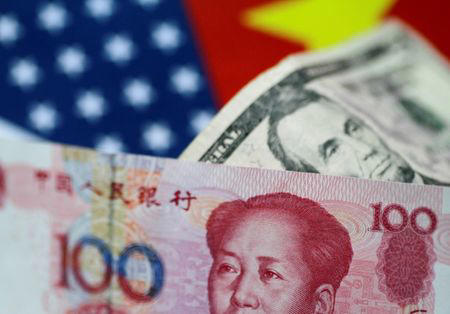Vietnam’s recent move to file a claim with the United Nations for an extended continental shelf (ECS) in the South China Sea represents a significant step in its efforts to assert sovereignty and secure its maritime interests amid longstanding regional disputes.
The South China Sea is a vital maritime region, crucial for global trade with approximately $3 trillion worth of goods passing through its waters annually. Beyond its economic significance, the South China Sea is rich in natural resources, including oil and natural gas deposits, and supports lucrative fisheries. However, overlapping territorial claims among countries including China, Vietnam, the Philippines, Brunei, Malaysia, and Taiwan have fueled tensions and complex geopolitical dynamics in the region.
Vietnam’s recent ECS submission seeks to expand its maritime territory beyond the conventional 200 nautical miles from its coastline. This move is rooted in the United Nations Convention on the Law of the Sea (UNCLOS), which grants coastal states the right to claim an extended continental shelf if they can demonstrate the geographical continuity of their continental margin.
This submission is not Vietnam’s first foray into asserting its maritime claims. In 2009, Vietnam and Malaysia jointly submitted an ECS claim for the southern part of the South China Sea. Vietnam also submitted a claim for the North Area of the South China Sea, known as Vietnam’s East Sea, further solidifying its stance on maritime boundaries based on international legal principles.
The recent submission to the UN marks Vietnam’s third ECS claim, emphasizing its ongoing commitment to upholding its maritime rights and interests under international law. This action is crucial in light of China’s expansive claims in the region, which assert sovereignty over nearly the entire South China Sea, including areas contested by Vietnam and other neighboring countries.
In addition to filing its ECS claim, Vietnam issued a diplomatic note to the UN Secretary-General regarding the Philippines’ recent ECS submission. This note reaffirms Vietnam’s sovereignty over the Hoang Sa (Paracel) and Truong Sa (Spratly) archipelagos, crucial territories in the South China Sea that have been subject to competing claims and tensions.
Vietnam’s diplomatic and legal maneuvers reflect its strategic approach to navigating the complexities of maritime disputes in the South China Sea. By adhering to UNCLOS and engaging in diplomatic channels, Vietnam seeks to strengthen its legal standing and assert its territorial integrity while advocating for peaceful resolution of disputes in accordance with international law.
The filing also underscores Vietnam’s broader regional strategy, which includes bolstering alliances with other Southeast Asian nations and engaging in multilateral forums to address maritime security and rule-based governance in the South China Sea. This approach aligns with Vietnam’s policy of maintaining stability and promoting cooperation in the region, crucial for economic development and security.
Overall, Vietnam’s ECS submission to the UN exemplifies its commitment to protecting its maritime interests and promoting a rules-based international order in the South China Sea. As tensions persist and geopolitical dynamics evolve, Vietnam’s proactive stance underscores the importance of dialogue, diplomacy, and adherence to international law in managing maritime disputes and fostering regional stability.
